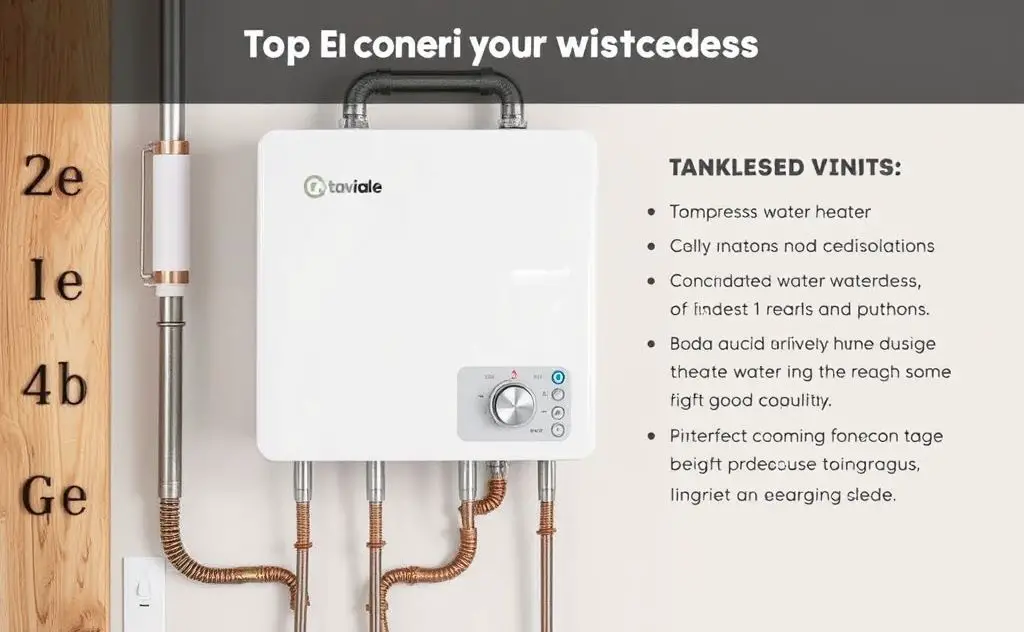A typical tankless water heater uses between 30 to 50 amps, depending on the model and its heating capacity, with higher-demand units requiring more electrical current for optimal performance.
Tankless water heaters provide endless hot water on demand, but their electrical requirements can be substantial. Understanding amp draw is critical for proper installation and avoiding circuit overloads.

Tankless Water Heater Amp Requirements
Electric tankless water heaters typically draw between 30-150 amps depending on:
- Voltage (120V, 208V, 240V)
- Heating capacity (kW rating)
- Number of heating elements
- Water flow rate
- Desired temperature rise
Standard Amp Draw by Voltage
| Voltage | Typical Amp Range | Common Breaker Size |
|---|---|---|
| 120V | 30-50 amps | 40-60 amp |
| 208V | 40-80 amps | 50-100 amp |
| 240V | 50-150 amps | 60-200 amp |

Calculating Your Specific Requirements
To determine exact amp needs:
- Check the unit’s kW rating (found on specification plate)
- Divide kW by voltage to get amps (Amps = kW × 1000 ÷ Volts)
- Add 25% safety margin for breaker sizing
Example: A 18kW 240V unit would draw 75 amps (18,000 ÷ 240 = 75). The breaker should be at least 94 amps (75 × 1.25).
Whole-House vs Point-of-Use Units
Whole-house tankless water heaters require significantly more power than point-of-use models:
- Whole-house: 80-150 amps (240V)
- Point-of-use: 30-50 amps (120V)
Electrical Service Considerations
Most homes have 150-200 amp main service panels. According to Department of Energy guidelines, adding a large tankless unit may require:
- Service panel upgrade
- Dedicated circuit
- Heavier gauge wiring
- Possible load management system
Real-World Installation Challenges
As noted in professional forums, many homeowners underestimate the electrical demands. One electrician reported a case where a customer installed a 150-amp unit on a 150-amp service panel – it worked but violated code and created safety risks.
Alternative Solutions
For homes with limited electrical capacity:
- Consider propane tankless water heaters which don’t require large electrical circuits
- Install multiple point-of-use units instead of one whole-house system
- Use a hybrid heat pump water heater (typically 30 amp circuit)
Load Calculation Example
A typical all-electric home with:
- Electric furnace: 70 amps
- Range: 50 amps
- Dryer: 30 amps
- Tankless water heater: 100 amps
Total: 250 amps would require at least a 300 amp service (250 × 1.2 safety factor).
Professional Installation Recommendations
Always consult a licensed electrician for:
- Proper load calculations
- Circuit breaker sizing
- Wire gauge selection
- Service panel evaluation
According to International Association of Certified Home Inspectors, improper installation is the leading cause of tankless water heater failures.
